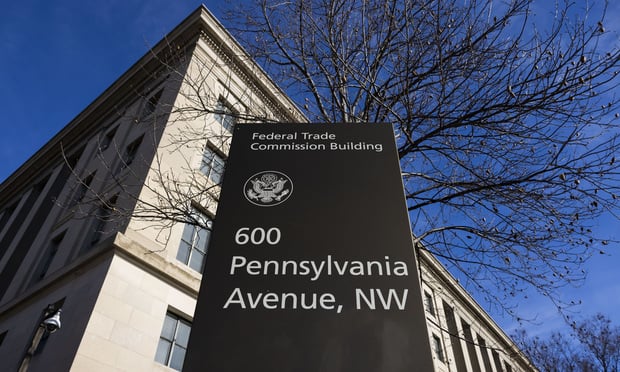Last year, Congress passed landmark legislation to reform the interchange fee system in America. This bipartisan effort came after years of congressional hearings and Government Accountability Office studies that made clear that the interchange system was on an unsustainable course. While I know that many in the financial services industry have vigorously opposed this reform, I want to explain why a bipartisan majority of Congress supported this reform and what it will mean for credit unions.
Debit and credit cards are rapidly replacing cash and checks in today's economy. Over half of all retail sales in America are now made with plastic, and that percentage is growing. There are benefits that come from the increasing use of these cards, but there are also concerns that can no longer be ignored.
Visa and MasterCard are the dominant players in the card industry, and their cards are used in about 80% of debit and credit transactions. Every time a sale is made with one of their cards, these card network companies take a cut out of the transaction amount. Some of this cut they keep, but most of it is routed along to the bank or credit union that issued the card as an interchange fee. Tens of billions of dollars are collected in interchange fees each year from those who accept cards, including large and small businesses, charities and government agencies.
Complete your profile to continue reading and get FREE access to CUTimes.com, part of your ALM digital membership.
Your access to unlimited CUTimes.com content isn’t changing.
Once you are an ALM digital member, you’ll receive:
- Breaking credit union news and analysis, on-site and via our newsletters and custom alerts
- Weekly Shared Accounts podcast featuring exclusive interviews with industry leaders
- Educational webcasts, white papers, and ebooks from industry thought leaders
- Critical coverage of the commercial real estate and financial advisory markets on our other ALM sites, GlobeSt.com and ThinkAdvisor.com
Already have an account? Sign In Now
© 2024 ALM Global, LLC, All Rights Reserved. Request academic re-use from www.copyright.com. All other uses, submit a request to [email protected]. For more information visit Asset & Logo Licensing.









